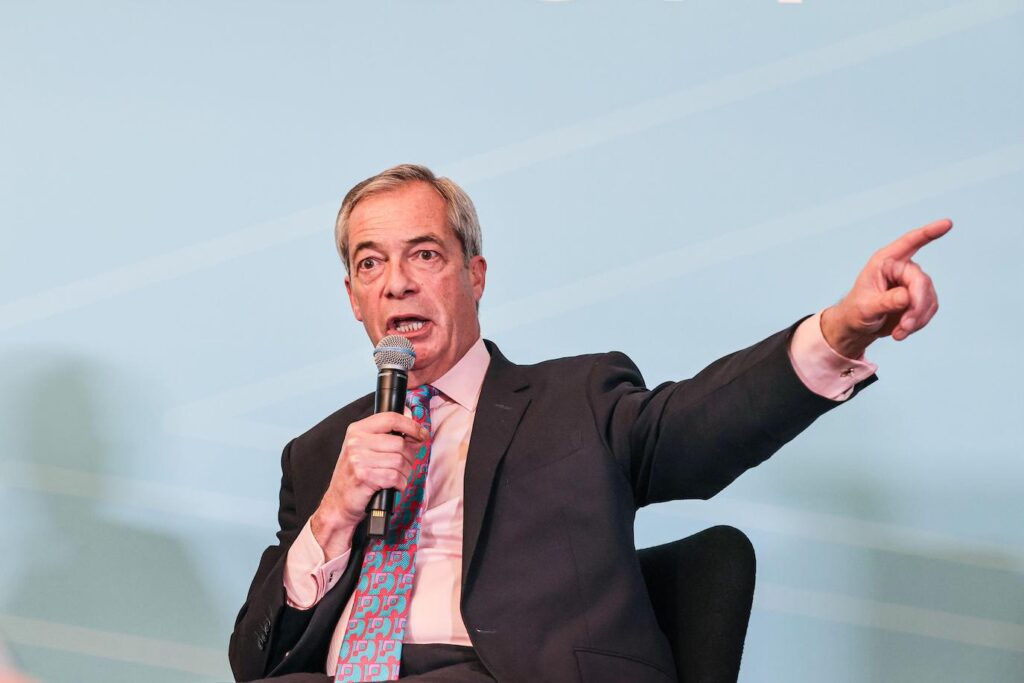More non-religious than Christians among those aged under 67
New results released today from the 2021 England and Wales Census have revealed that more people aged 66 and under ticked ‘No religion’ than ticked ‘Christian’. The figures contrast with the last Census, where in every age demographic, more people ticked ‘Christian’ than ‘No religion’. Humanists UK has said that the results show that the UK faces a non-religious future, and that public bodies, most obviously the education system, are already out of step with today’s demographics.
The least religious age group is 27-year-olds, where 53% ticked ‘No religion’. Younger demographics tend to be slightly more religious because they tend to mirror the boxes ticked by their parents. In Wales, the results were even less religious – most aged 73 and under ticked ‘No religion’, and among those aged 27 this was as high as 66%. Overall the England and Wales Census saw 37% ticking ‘No religion’ and 46% ticking ‘Christian’.
The high numbers ticking ‘No religion’ were in spite of the Census question on religion being widely recognised as a biased and leading one – in reality England and Wales are even less religious, in terms of identity, belief, and practice than the Census results suggest. Research shows that those ticking ‘Christian’ are frequently not religious in their beliefs or practice – for example, less than half believe Jesus was a real person who was the son of god, died, and came back to life. In general, those who tick ‘Christian’ do so because they were christened, because their parents are/were Christian, or because they went to a Christian school.
As well as being less religious than England, Wales has also led the way in recent years in changing its laws to reflect the demographics. Last year, a new Curriculum Act came into effect that mandates equal teaching of humanism alongside major religions. Wales also has relatively few state-funded faith schools – 14% of the total.
By contrast, over a third of state schools in England are religious, with more opening all the time. No doubt some parts of the country now have more Christian schools than there are ‘Census Christians’. And the UK Government has resisted moves to update the religious education curriculum in England to mirror the developments in Wales.
Furthermoze, across both nations, the law still mandates that all schools hold a daily act of collective worship. In schools of no religious character, this must be Christian – in spite of just 35% of school-age pupils having ticked ‘Christian’. This law must now seriously come under question. School leaders called for it to be scrapped when the headline Census results came out in November.
Humanists UK Chief Executive Andrew Copson commented:
‘Today’s results only serve to underline the archaic place that collective worship and faith-based discrimination have in our schools. That urgently needs to be looked at.
‘But, more generally, they make plain that the UK faces a non-religious future. This is in stark contrast to how our state institutions operate today. No other European country has such a religious set-up as we do in terms of law and public policy, while at the same time having such a non-religious population.
‘Politicians should look at today’s results and recognise they must renegotiate the place of religion or belief in today’s society.’
Wales Humanists Coordinator Kathy Riddick commented:
‘Wales has already made great strides towards an education system fit for the country as it is today. The Curriculum and Assessment Act represented very welcome reform, both on Religion, Values, and Ethics, and on Relationships and Sexuality Education.
‘But as today’s Census figures show, the Government needs to go further. Now that the curriculum reforms are done, it must turn its attention to repealing the archaic law requiring collective worship in all schools. Instead pupils should have inclusive assemblies, equally suitable to all.’
Biased Census
The result is still likely to underestimate the number of non-religious people. This is because the question is not only optional, but also uses leading wording (‘What is your religion?’) which has long been shown to inflate the number of people who do not believe in, practice, or consider themselves to belong to a religion choosing a religious box. The Office of National Statistics acknowledges this itself. The annual British Social Attitudes Survey, by contrast, asks a less leading question. While overall the Census saw 37% ticking ‘No religion’ and 46% ticking ‘Christian’, the Social Attitudes Survey found in 2020 that 53% of British adults belong to no religion, with only 37% Christians.
Separately a poll commissioned by Humanists UK in 2019 showed that 29% of British adults hold all the fundamental beliefs and values of humanists, hinting at the widespread shift in popular values, opinions, and identity the UK has undergone in the 21st century.











